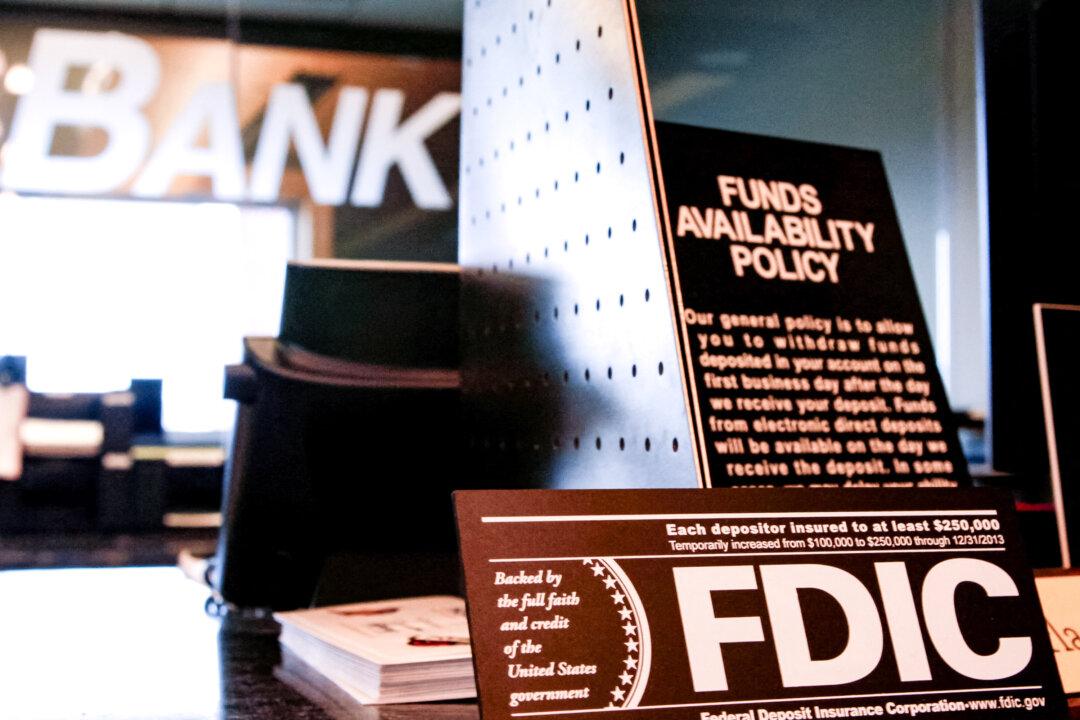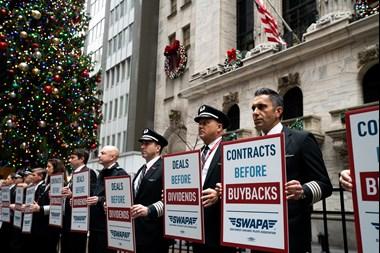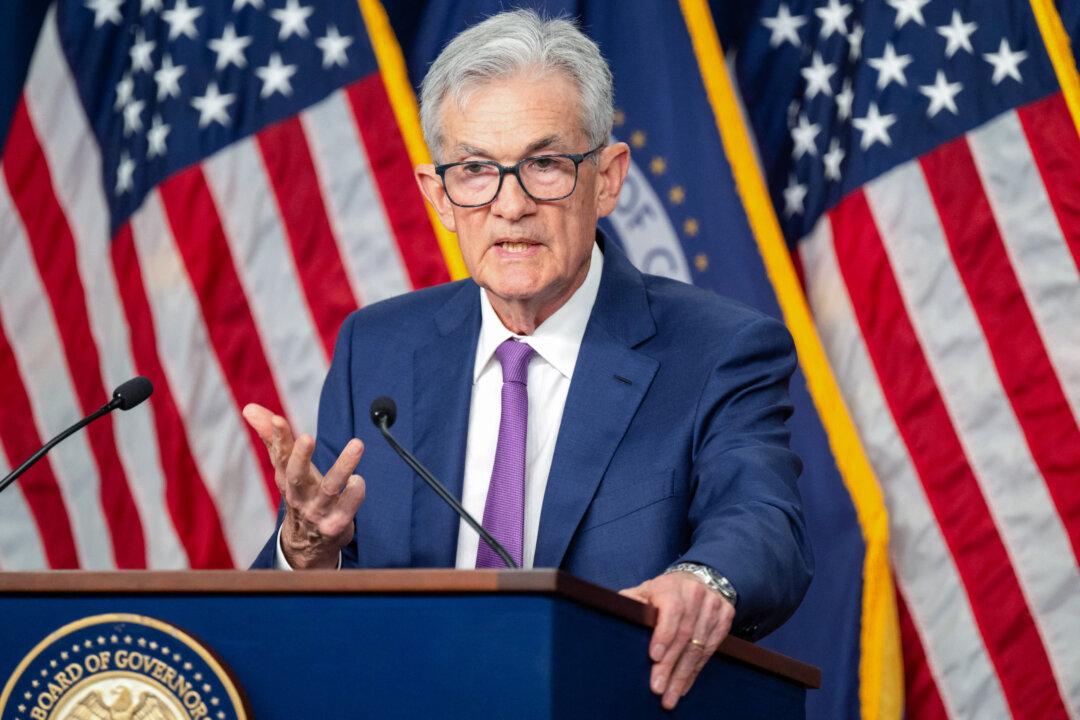The markets have shown China’s leader Xi Jinping that embracing authoritarian leadership and surrounding oneself with obsequious “yes” men tends not to encourage investor confidence.
On Monday, the stock prices of some of China’s leading outward-looking companies like Alibaba and Tencent sunk by 11 percent in a single day. From Oct. 24 to Oct. 25, EST, the Hang Seng Index graph looked like an Olympic skiing slalom course, dropping an incredible 1,200 points, from about 16,200 to 15,000—nearly 7.4 percent—in just 19 hours.





